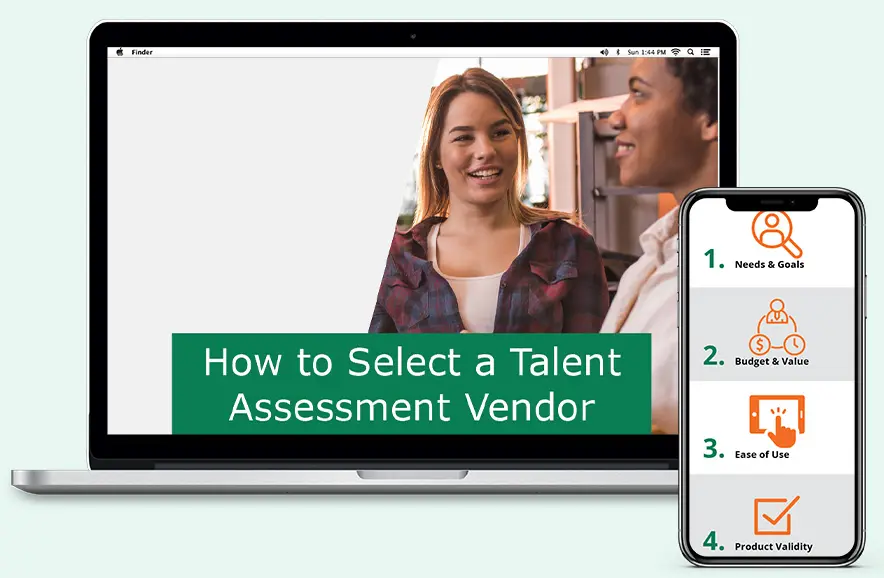An Outgoing personality is normally tied to being friendly, likable, and a whole slew of positive traits. In the workplace, outgoing people are known to get promoted quicker and ultimately perform better throughout their careers. It’s important to note that there are just as many quality professionals that are not outgoing, and can sometimes be undervalued. The bottom line is that there is a role for every personality type. In this episode of the “How to Manage” Video Series, Stephen shares insight on when you should use a “Reserved” vs. an “Outgoing” one in your workplace.
Click below to view highlights on some key sections of the Workstyle & Performance Profile reports and recommends ways to integrate them into the hiring process at your workplace.

VIDEO TRANSCRIPTION BELOW
INTRODUCTION
Stephen Race: “How To Manage ‘Reserved vs. Outgoing’ Employees”. We’ll describe what reserved vs. outgoing is and how that manifests in the workplace, the business impact, management considerations of this, and interviewing tips. Some people are described as too talkative or too outgoing. This often comes up in the workplace if they’re in a role where they have to do independent work or they’re working with others who are more reserved. Sometimes that’s the right fit for the job, but sometimes it’s not.
In the workplace, the level of outgoingness is determined (or the ideal level is determined) by the job requirements of the position that the person is in. So, if they’re doing independent work and doing a lot of tasks by themselves during the day, it’s more suitable that they would be on the reserved side. And if they’re doing a lot of communicating and relationship building and meeting new people, being outgoing would be preferred for that type of job.
THE BUSINESS IMPACT OF PERSONALITY
[00:01:00]The business impact of this is huge. If you get this fit right, if you’ve got outgoing people in roles where they’re primarily doing communication and relationship building, they’ll be more engaged and they’ll be more effective at their tasks. If you’ve got reserved people doing the independent work and doing the work that they might be not doing as much collaboration, this is preferred.
If you get those backwards and you’ve got outgoing people doing independent work and reserved people doing the communicating work, often those people can become distracted and disengaged and gravitate towards tasks that are different from what they should be doing day-to-day.
[00:02:00]When we’re probing for fit, we want to make sure that the job requirements line up with personality. So, if someone is scoring high or towards the outgoing end, making sure that their tasks involve influencing others, communicating, and building new relationships. If someone is more to the reserved end, working independently, analyzing and doing work that doesn’t necessarily involve other people.
PERSONALITY IN THE INTERVIEW PROCESS
When we’re interviewing, it’s important that we use interview questions to get a sense of people’s comfort level and preference for different social tasks. So, if we want to ask what a person’s ideal split between independent work vs. communicating is that will give us an idea of where they sit and what would be the appropriate job type for them or the appropriate tasks. Also, seeing people’s comfort level with meeting new people would be very helpful especially if the job involves that. Outgoing people would naturally be comfortable with that but reserved people might not.
For more information on this dimension and others, visit www.talentclick.com/wpp.










